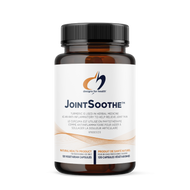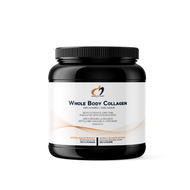Description
AOR Lysine Vitamin C and Hyaluronic Acid 60 Capsules:
Ingredients:
Each capsule contains:
Hyaluronic acid 98.5 mg
Lysine ((L-Lysine monohydrochloride) 75 mg
Vitamin C 50 mg
Non-medicinal Ingredients*: Microcrystalline cellulose, sodium stearyl fumarate, hyprolose. Capsule: Hypromellose.
*NMIs are subject to change. Always read and follow the label for accurate ingredient and allergen information. Find Aor Supplements at healthpalace.ca
Purity: Gluten free, Non GMO, Vegan.
Suggested Dose: Adults (18 years and over) – Take one capsule twice daily with or without food, or as directed by a qualified health care practitioner. Do not crush, blend or mix the capsules. Swallow the capsules whole. Do not exceed daily dose unless instructed by a healthcare practitioner.
Caution: Consult a health care practitioner prior to use if you are pregnant, breastfeeding, or following a low protein diet. This product contains corn derived ingredients, do not use if you have an allergy.
The information and product descriptions appearing on this website are for information purposes only, and are not intended to provide or replace medical advice to individuals from a qualified health care professional. Consult with your physician if you have any health concerns, and before initiating any new diet, exercise, supplement, or other lifestyle changes.














